Stranded astronauts face severe health effects from extended space exposure, including muscle loss, vision problems, and mental stress.
Astronauts who spend extended periods in space face a range of serious health issues.
Research and recent studies have shown that spending 240 days in orbit can significantly impact their physical well-being.
This extended exposure to microgravity and space conditions has a profound effect on their bodies.
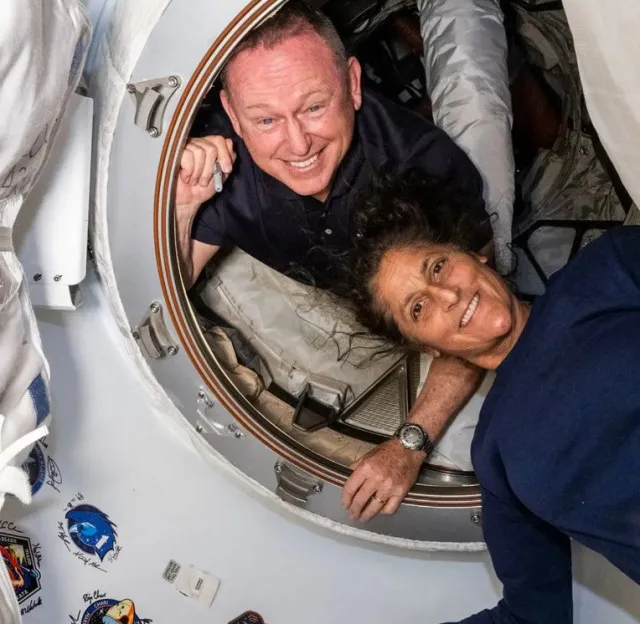
Stranded astronauts would suffer severe effects from prolonged space exposure
Astronauts Sunita Williams and Butch Wilmore are currently facing an unexpected extended stay aboard the International Space Station (ISS), which could last up to eight months.
Originally intended to be just an eight-day mission, their situation has changed due to issues with their spacecraft.
As they remain in microgravity, they are likely to experience several serious physiological effects on their bodies.
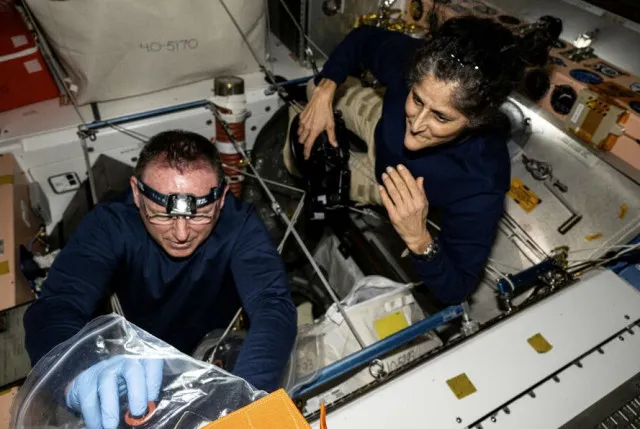
They could suffer muscle loss
One of the most significant concerns during long space missions is muscle loss.
Research indicates that astronauts can lose up to 20% of their muscle mass after just two weeks in space.
For missions extending to six months, this loss can increase to 30%.
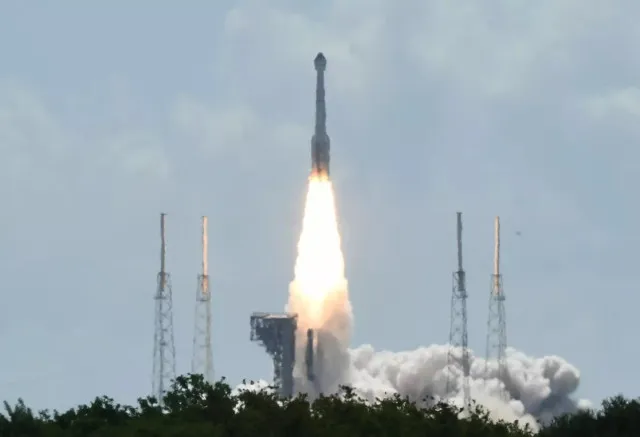
The muscles most affected are those used for posture, such as the back and legs, which are not actively engaged in a weightless environment.
“Since the whole body is exposed to microgravity, the heart doesn’t need to pump around as much blood as it used to on Earth and the cardiovascular system deteriorates,” experts shared.
The astronauts would face a bone density decrease
In addition to muscle atrophy, astronauts also face a decrease in bone density.
Studies show that for each month spent in space, astronauts may lose between 1% and 2% of their bone mass.
This rate is notably higher than the 0.5% to 1% loss experienced by elderly individuals on Earth.
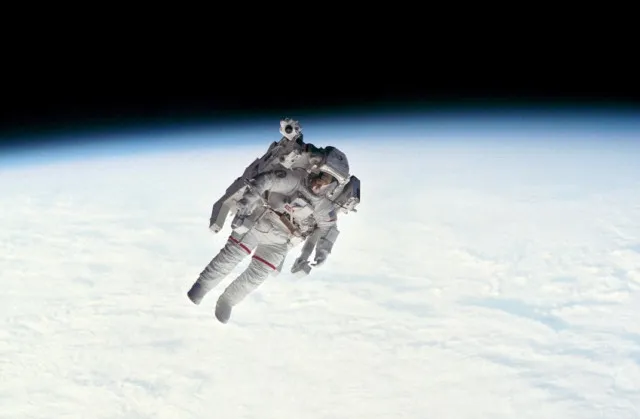
To mitigate these effects, Williams and Wilmore are required to exercise for at least 2.5 hours each day while in orbit.
Cardiovascular system.
Another serious consequence of prolonged exposure to microgravity is the impact on the cardiovascular system.
The heart does not need to pump as much blood in space, leading to deterioration in cardiovascular health.
This change can make astronauts more susceptible to issues upon their return to Earth.
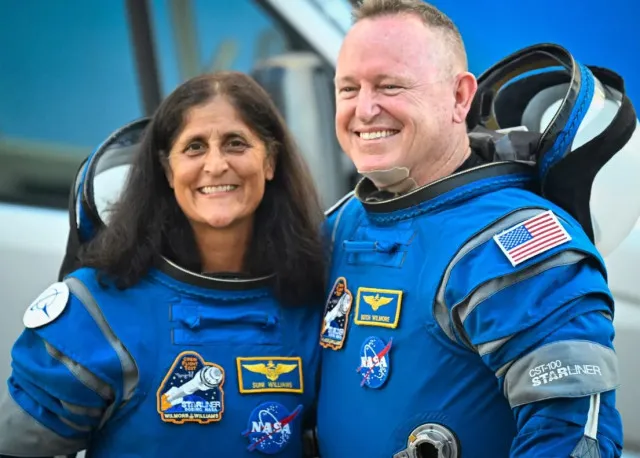
Neurovestibular acclimation
Astronauts also often experience neurovestibular acclimation, which can cause motion sickness.
Symptoms such as nausea, dizziness, and cold sweating typically occur when astronauts first enter space and can resurface when they return to Earth.
This condition is a result of the body adjusting to the absence of gravity.
Moreover, while in space, astronauts are exposed to higher levels of radiation than on Earth.
This exposure comes from solar energetic particles and cosmic rays, increasing the risk of cancer and other degenerative diseases over time.
“Three major sources contribute to the space radiation environment: particles trapped in Earth’s magnetic field, solar energetic particles from the Sun, and galactic cosmic rays.”